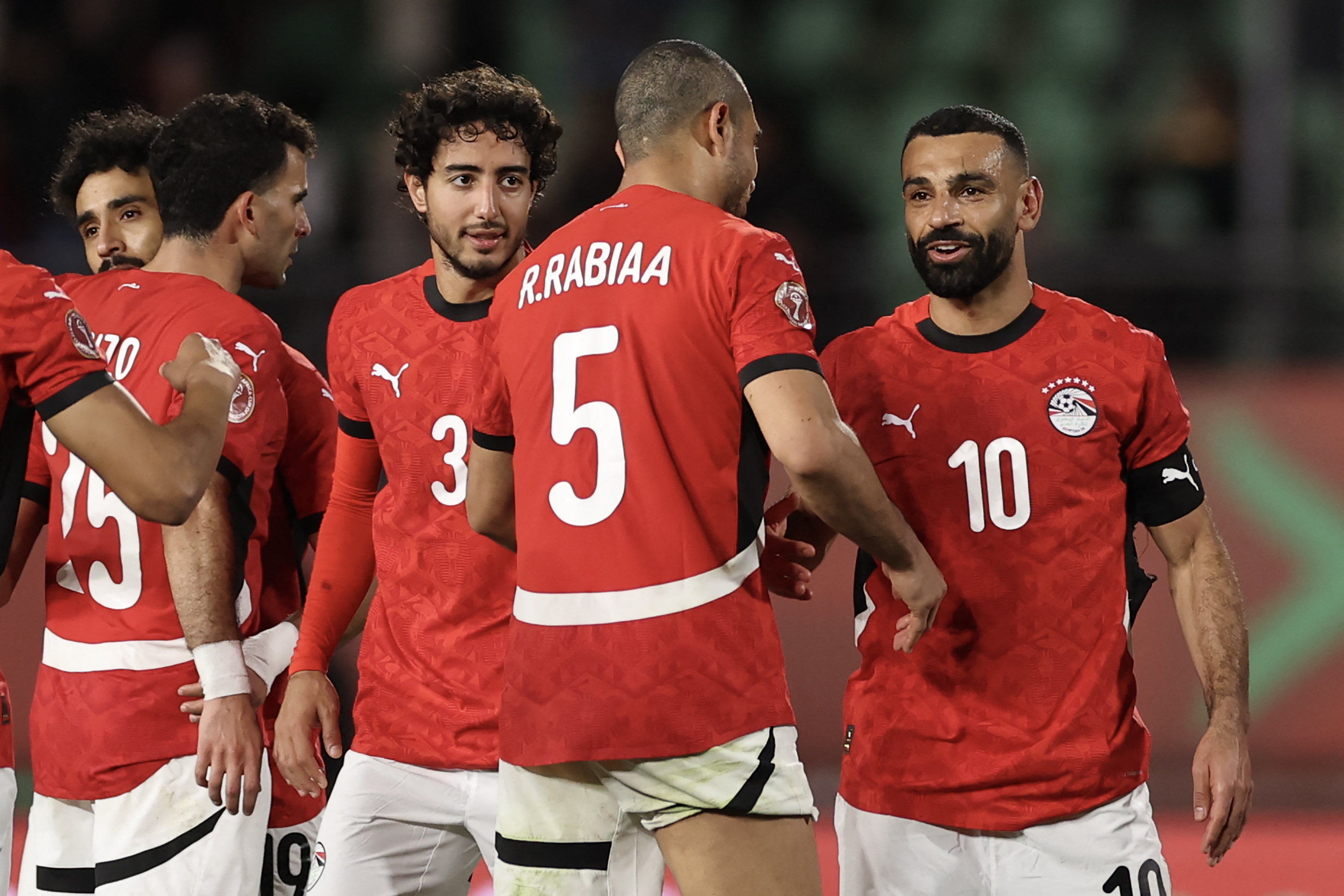Uruguay
Uruguay
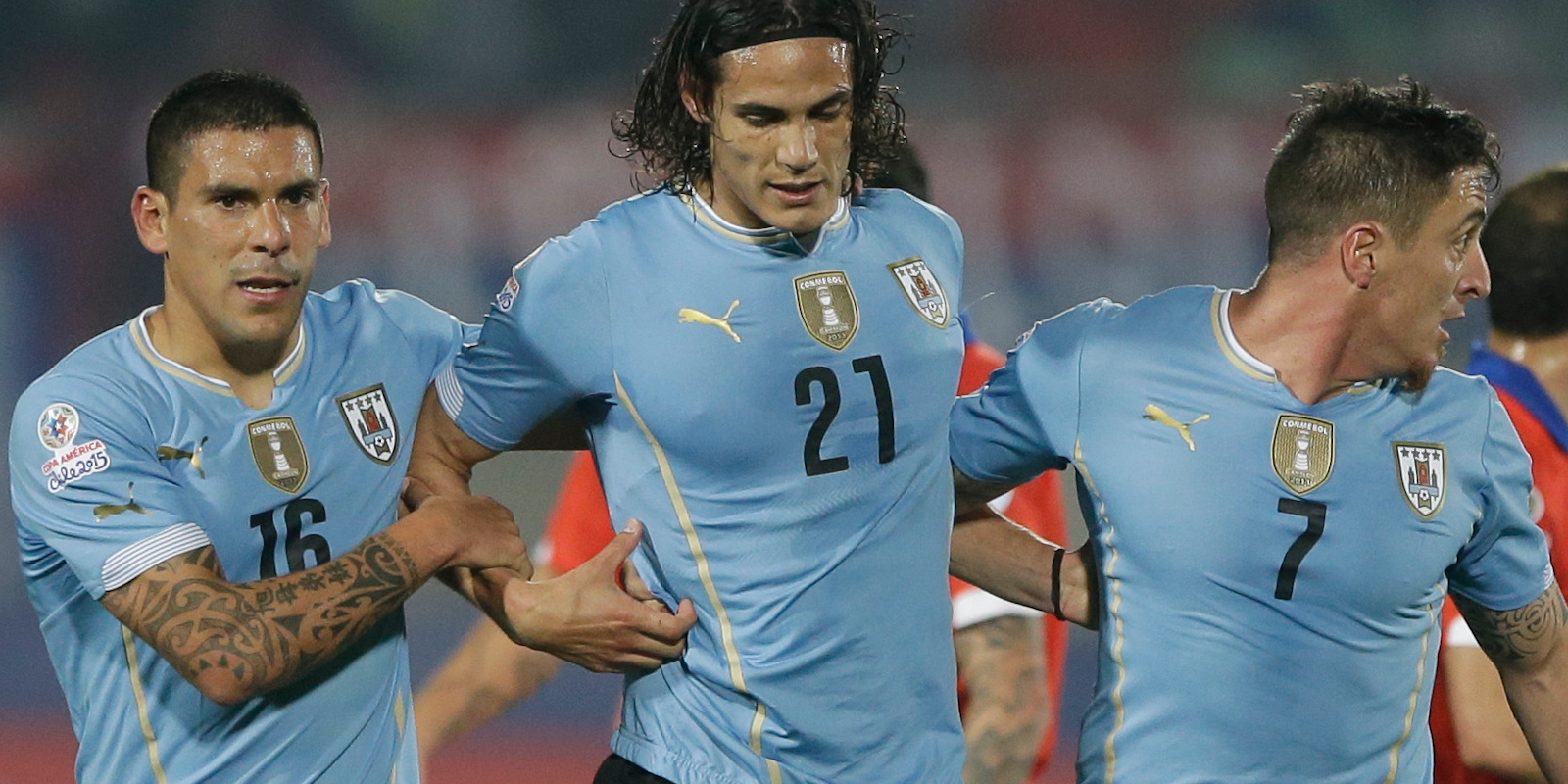
Team Overview
By Rupert Fryer | @Rupert_Fryer |
The Copa America is in the United States to celebrate its 100-year anniversary, and nobody has penned more chapters in the history of soccer’s oldest continental competition than Uruguay.
Having played a major role in the formation of CONMEBOL, Uruguay won the first two editions of the Copa and six of the first 10 tournaments.
The two-time world champion is soccer’s great overachiever. Uruguay now boasts 15 Copa America titles, making it the winningest country in the history of the tournament despite a population dwarfed by its neighbors.
Tradition is often cited as the only plausible explanation for such a remarkable run of over-achievement, with every generation desperate to live up its illustrious predecessors. And then there’s its tenacious never-say-die approach, its garra charrúa (the Charruan claw), a term derived from Uruguay’s indigenous population which fought the Spanish conquistadores.
“My understanding of it,” coach Oscar Tabarez told La Celeste Blog in 2011, “[is that] it pertains to a player not giving up, regardless of the opponent, by displaying a certain type of rebelliousness which has occurred many times in our football.”
Many of the current side of have been showing that rebelliousness to great effect, dating back to the team’s semifinal finish at World Cup 2010, though an aging side has been complemented by the likes of Jose Gimenez.
The best features, fun and footballing quizzes, straight to your inbox every week.
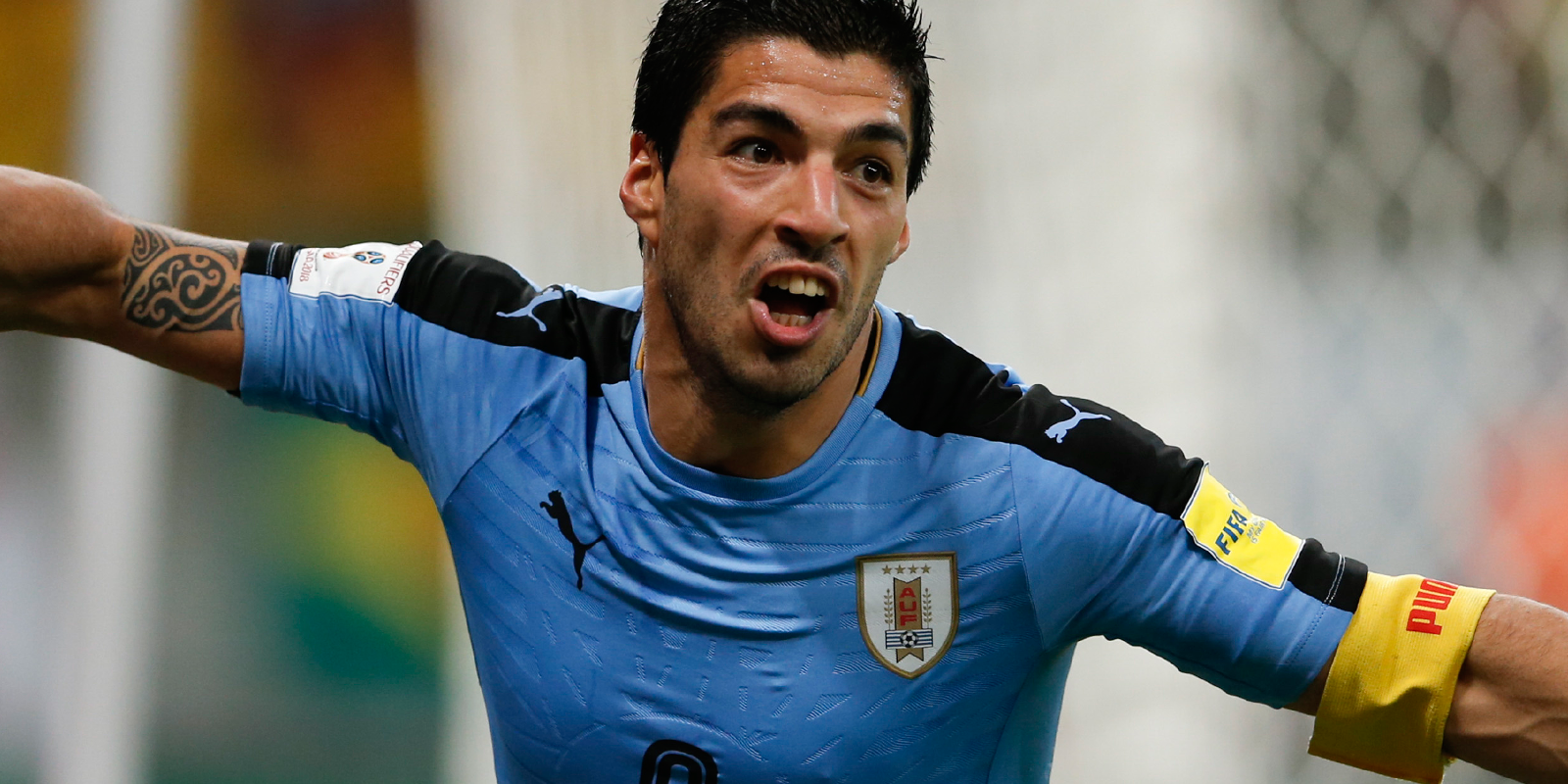
Key player
Luis Suarez certainly has the garra. The Barcelona star returns to a major international competition for the first time since earning a nine-match international ban for his now infamous bite on Italy defender Giorgio Chiellini at the 2014 World Cup.
Uruguay’s all-time top scorer was a huge loss at last year’s Copa, but Uruguay will hope his unplanned off-season break in 2015 will benefit a player who had competed at a major international tournament every year since 2010.
"Luis arrives having conquered many things," Tabarez said in a press conference in following Suarez’ March return, once again evoking the narrative of Uruguay's combative history.
"And being in a club like Barcelona, a club that has made something of an institution out of a way of playing football, he has become a part of things.
"I know that a lot of people said, 'How can he go to Barcelona? He's a Real Madrid kind of player. He can't play that way.'
"Perhaps they were right about their comments, but Luis showed once again that he overcomes challenges.
"Obviously I think that the numbers show what he's done. He's conquered challenges."
Suarez had to wait a long time for another challenge with his national team and will be key to Uruguay’s chances in the United States.
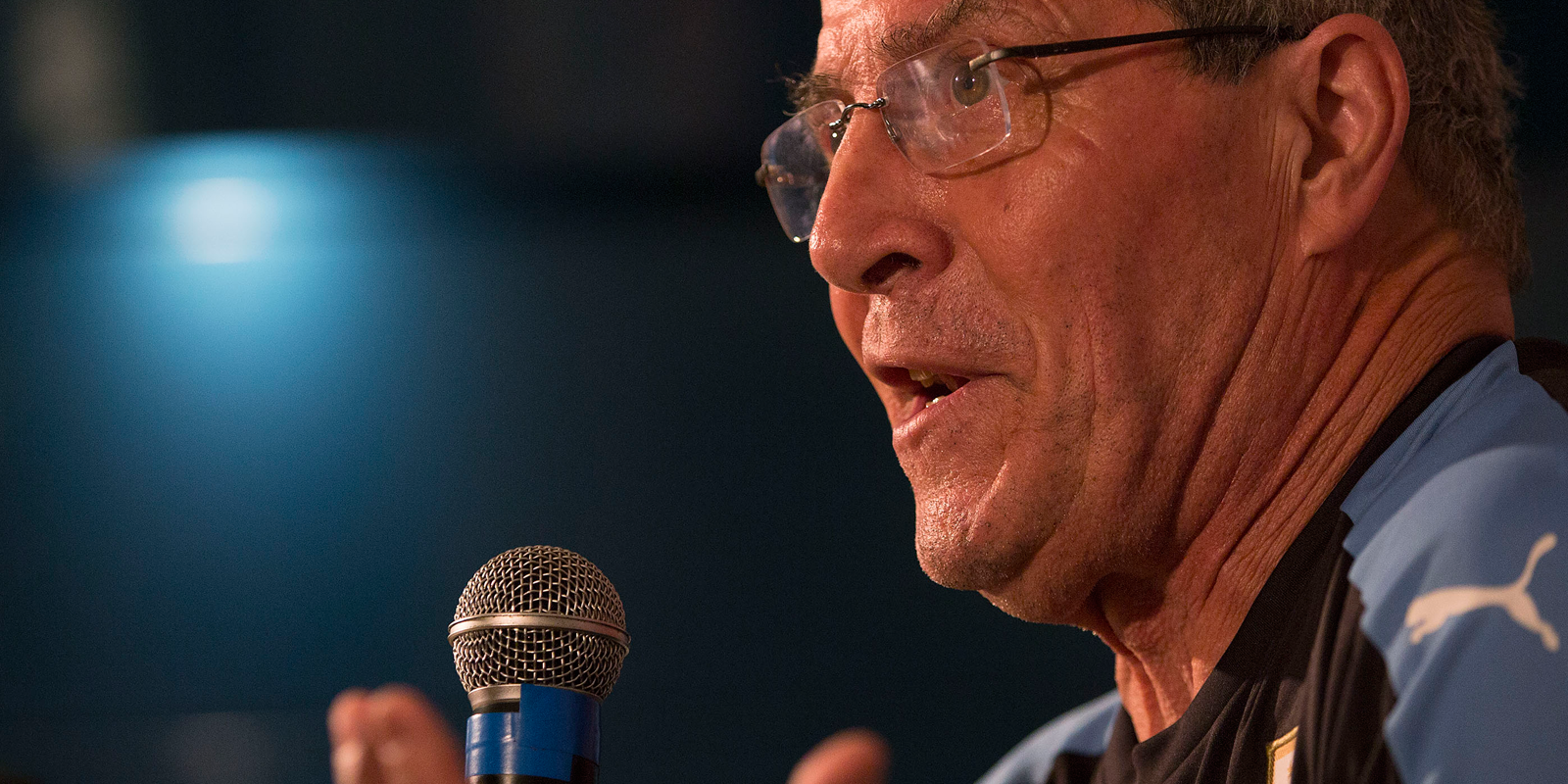
Manager Spotlight
2016 sees Oscar Tabarez celebrate 10 years back in charge of Uruguay. He’s overseen quite a transformation in his second spell on the bench.
“When I took over in 2006, we found it very tough to even find opposition,” he told Telegraph in 2014. “We were hardly competing internationally; we had not qualified for the World Cup."
Uruguay had in fact been to just one World Cup since Tabarez left the post in 1990. Not only did it qualify for the 2010 World Cup, it made it to the final four. Uruguay then cemented its status as South America’s best by claiming the Copa America in 2011; in Argentina’s backyard, nonetheless.
A trained school teacher, ‘el maestro’ led a complete overhaul of Uruguay’s youth system, implementing a holistic approach to mirror not only the style of the senior side but the garra-led mentality, convincing its players at every age group that they can prevail through sheer bloodymindedness, if nothing else.
A disastrous 2012 Olympic campaign suggested his work was yet to come to fruition, but a new generation is now trickling through. A Copa Liberadores winner in 1987 with Penarol and a league champion with Argentina’s Boca Juniors in 1992, Tabarez’s work in the previous decade has twice seen him named South American Coach of the Year.
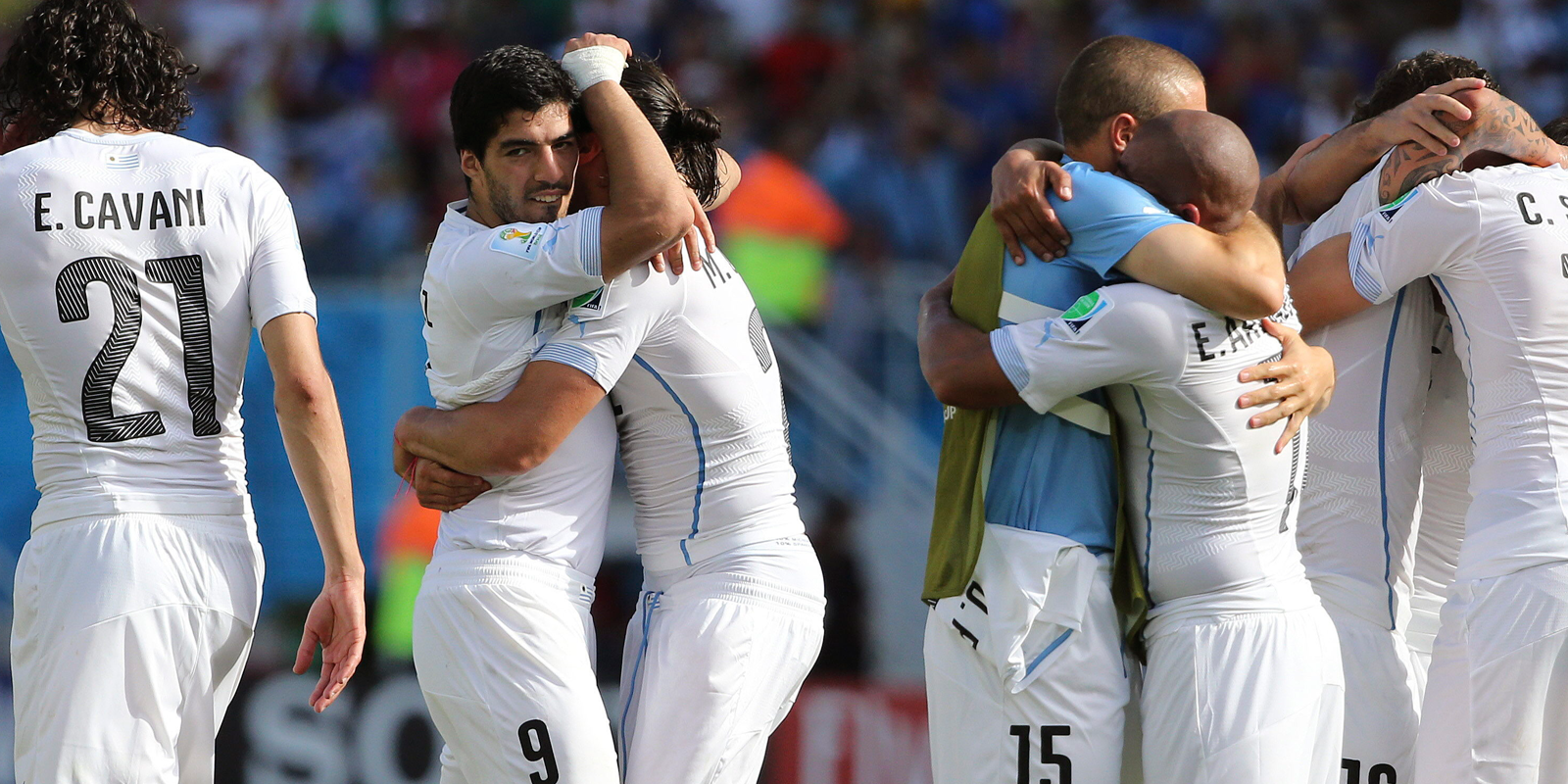
Success Looks Like...
A 16th Copa America victory, pulling Uruguay two clear of Argentina. While this year’s hastily-organized competition has been seen as something of an unwanted distraction by some on the continent, nobody would appreciate claiming the centenary version of the Copa as much as its most-storied team.
Uruguay arrives in good form. Three victories in four Suarez-less qualifiers also suggests it does not suffer an over-reliance on its talisman, like Brazil does with Neymar. Rather, Suarez will greatly enhance a side that provides a dogged, structured defensive unit from which he can spring on the counterattack.
Atletico Madrid duo Gimenez and Diego Godin form the heart of a side that is similar in style to Diego Simeone’s overachievers in the Spanish capital, with the former’s timely emergence dismissing suggestions Uruguay would struggle to replace the legendary Diego Lugano.
But nobody typifies Uruguay’s indefatigable resilience quite like midfielder Egidio Arevalo Rios. One of soccer's great nomads, his tireless industry has been vital to the defensive solidity of a side that will look to do much of its damage via the fine set-piece delivery of 2015’s South American Player of the Year, Carlos Sanchez.
Suarez returned from his long suspension in the last round of qualifiers, netting the equalizer in his side’s 2-2 draw in Brazil and laying on the winner for industrious strike partner Edinson Cavani against Peru.
He may have to fashion many of his own bullets, but if el pistolero can find his shooting boots then Uruguay are more than capable of bringing home another Copa title.
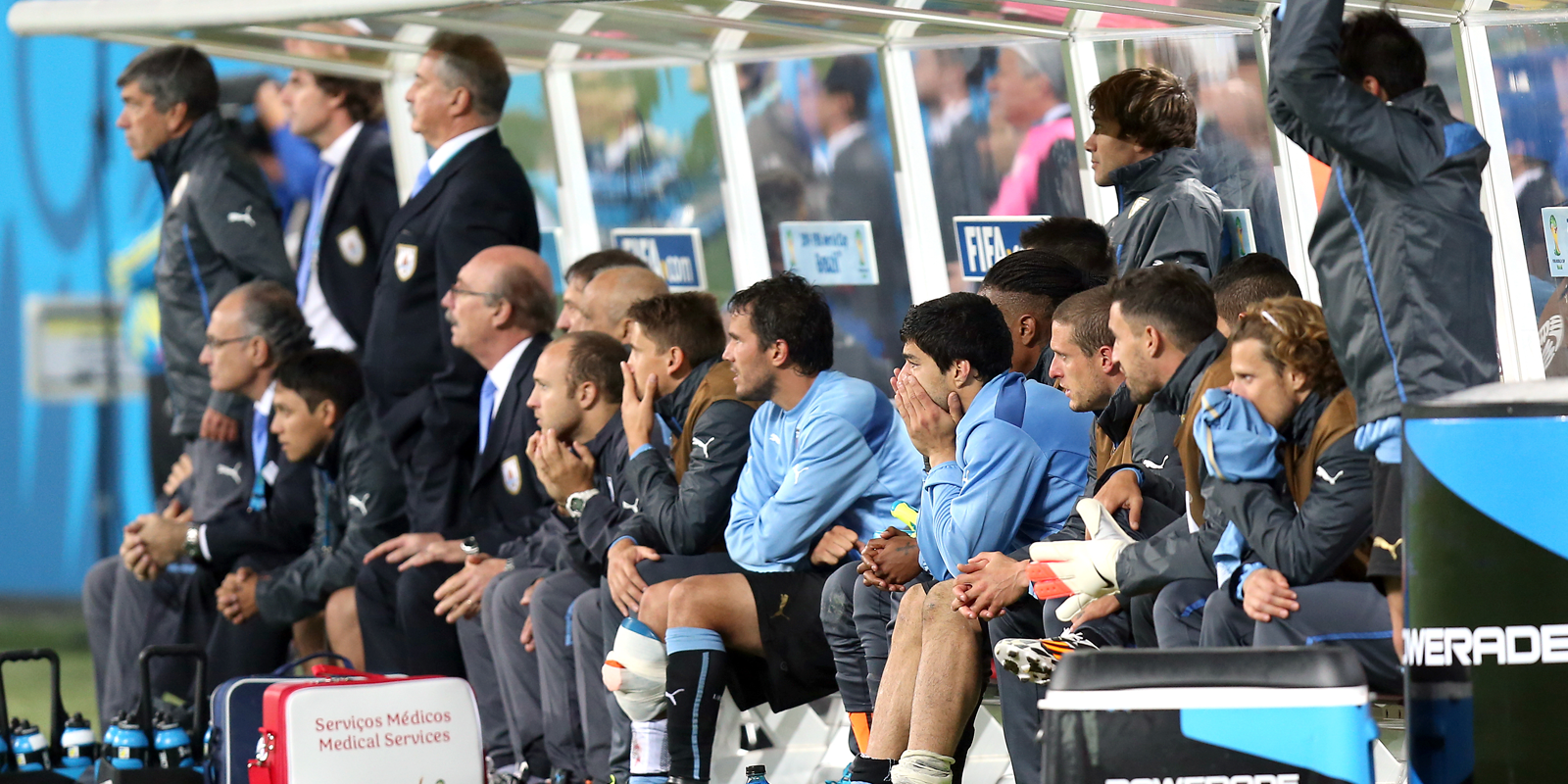
Failure Looks Like...
Failing to escape Group C would be unthinkable. Uruguay saw off Jamaica at last year’s Copa and will be confident of doing so again. Venezuela, shrouded in in-fighting with a number of its top players penning an open letter to express their discontent with the national federation, has failed to kick on from a decade that saw it emerge for the first time as genuine soccer nation.
CONCACAF Gold Cup champions Mexico will be Uruguay’s biggest test, but a safe passage to the knockout stage is the very least Uruguay will expect in the Centenario.
Uruguay thrives in knockout football, when it’s backs-to-the wall approach comes to the fore. A second-place finish in Group D could see Uruguay meet Argentina in the quarterfinals, however, and while Uruguay would love nothing more than to humble its great rival in the first knockout stage, winning its group will be a priority.
This tiny nation’s repeated heroics has left an almost contradictory level of expectation. The public accept, indeed embrace, its place as soccer’s great underdogs, which would ostensibly leave expectations low.
However, the benchmark is set low only so it can be overcome. Uruguay must outdo itself every time it enters the field. Anything less than a quarterfinal finish would be a disaster.
Gary Parkinson is a freelance writer, editor, trainer, muso, singer, actor and coach. He spent 14 years at FourFourTwo as the Global Digital Editor and continues to regularly contribute to the magazine and website, including major features on Euro 96, Subbuteo, Robert Maxwell and the inside story of Liverpool's 1990 title win. He is also a Bolton Wanderers fan.
